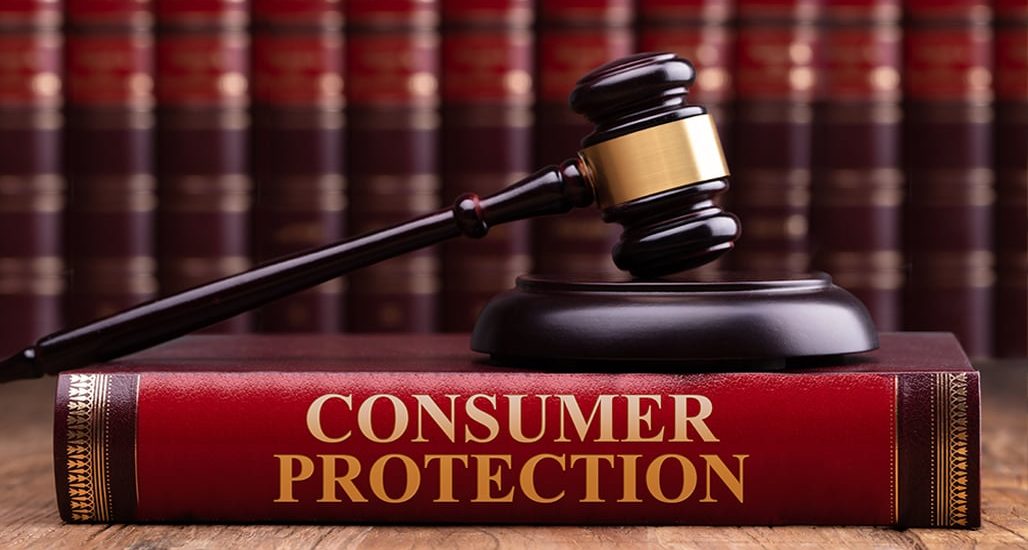Consumer law encompasses a wide range of regulations and statutes designed to protect the rights of consumers, ensure fair trade competition, and prevent deceptive and unfair business practices. It is a crucial aspect of law that helps maintain trust in the market by safeguarding consumers from exploitation and harm.
Key Areas of Consumer Law
- Product Safety: Ensures that products sold to consumers are safe and meet specific standards. Regulatory agencies, like the Consumer Product Safety Commission (CPSC) in the United States, set guidelines and recall dangerous products.
- Truth in Advertising: Prevents businesses from using false or misleading advertisements. The Federal Trade Commission (FTC) in the U.S. enforces truth-in-advertising laws.
- Fair Trade Practices: Prohibits unfair, deceptive, and fraudulent practices. This includes bait-and-switch tactics, false claims, and other forms of consumer fraud.
- Consumer Privacy: Protects consumers’ personal information from being misused. Laws like the General Data Protection Regulation (GDPR) in the European Union set strict guidelines on data collection, storage, and usage.
- Credit and Debt: Regulates how lenders provide credit and collect debts. The Fair Credit Reporting Act (FCRA) and the Fair Debt Collection Practices Act (FDCPA) in the U.S. are examples of laws that protect consumers in credit transactions.
- Warranties and Guarantees: Ensures that consumers are informed about the terms of warranties and guarantees on products. The Magnuson-Moss Warranty Act in the U.S. governs written warranties on consumer products.
- Lemon Laws: Protect consumers who purchase defective vehicles. These laws provide remedies, such as repair, replacement, or refund, for consumers who buy cars that fail to meet quality and performance standards.

